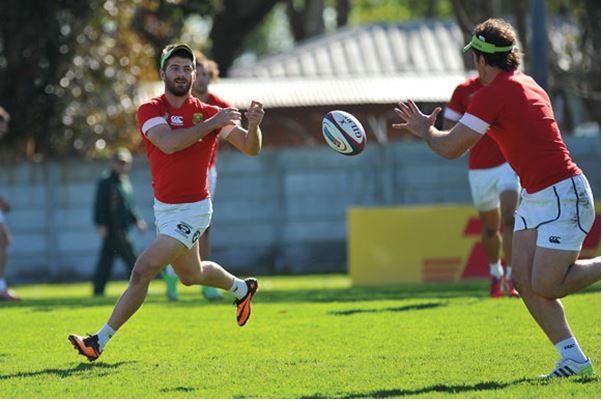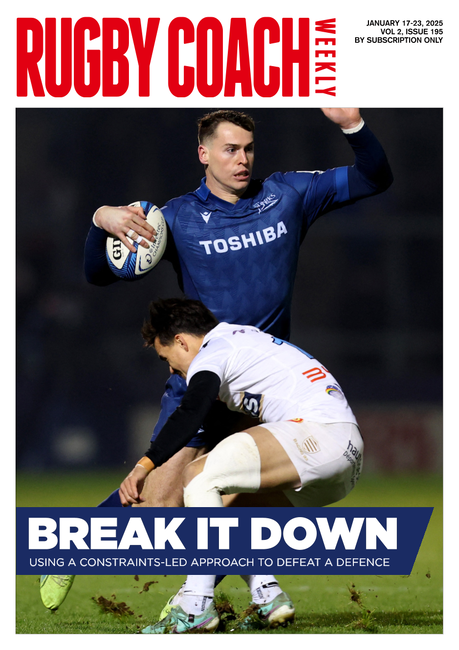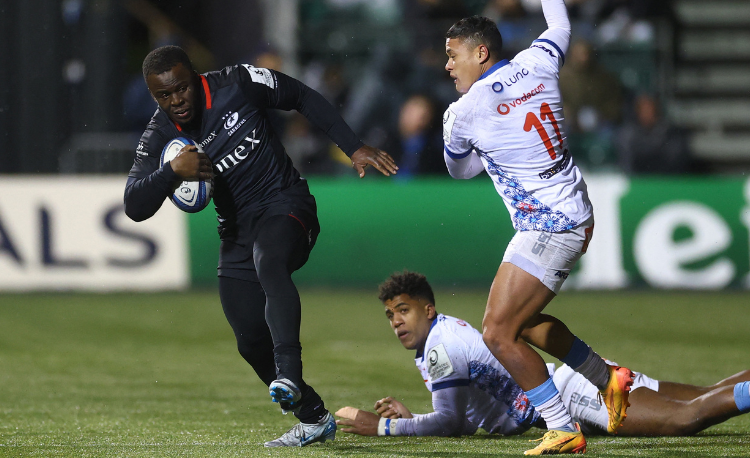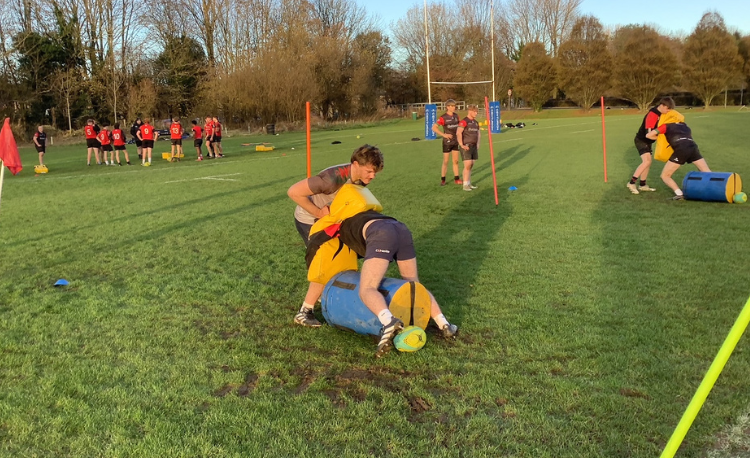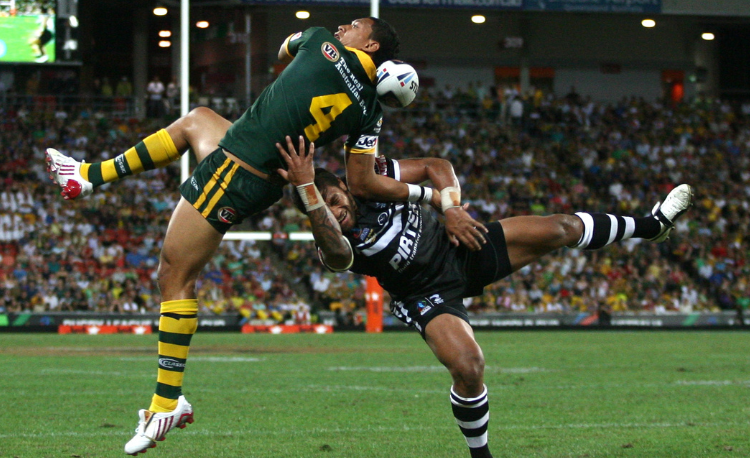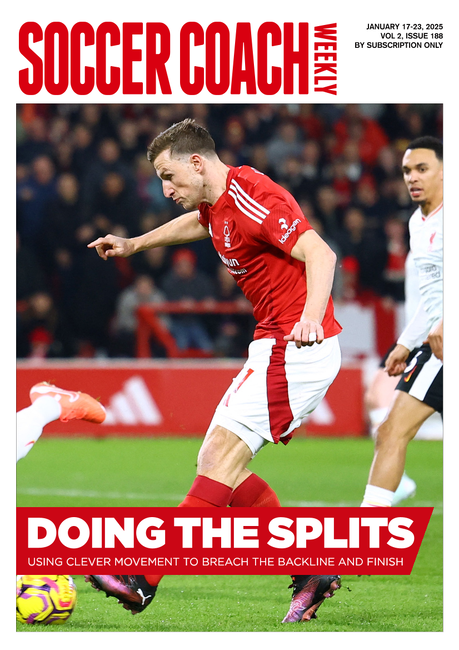Unopposed runs: A necessary evil?
Are unopposed rugby runs essential for player development or just a coaching crutch? Discover diverse expert insights.
Unopposed rugby runs – are they a cornerstone of effective coaching, or just another ritual in our toolkit?
In this article, Bill McDonald discussed the pros and cons, and I decided to ask coaches on LinkedIn for their views.
The responses from the discussion show there’s no simple answer, but plenty of insights worth considering.
Ian Costello, Munster Rugby’s head of operations, points out the obvious but crucial truth: “Context is always key.”
For unopposed runs to be useful, they need to be purposeful and integrated into a coaching plan.
This sentiment is echoed by Nick Jackson, who uses these runs to recreate pressure scenarios, helping players "see and feel the pictures" before facing real challenges.
Others, like Stuart Armstrong, take a more critical stance. He likens unopposed drills to “comfort blankets,” suggesting they might make us feel like we’re doing something productive, without guaranteeing meaningful outcomes.
But, even he admits, “They’re not evil – unless comfort leads to negative outcomes.”
For coaches like Liam Dunseath, unopposed runs have a clear role on “install days,” where low-intensity, high-clarity sessions set the stage for deeper learning.
Gavin Williams draws a compelling parallel to military rehearsals: “They help remind individuals of their roles” before facing live scenarios, he said. After all, as in rugby, “no plan survives contact with the enemy.”
The key takeaway? These drills aren’t inherently good or bad – they’re tools.
As George Ross puts it, their success often “comes down to the skill of the individual coach to provide as much context as possible.”
By weaving in scenarios, constraints and purpose, unopposed runs can bridge confidence and understanding, without replacing the need for live decision-making.
Unopposed runs may not be for everyone or every session. But, when used well, they can be a powerful starting point.
As always, the coach’s art lies in making the drill fit the need, not the other way around.
---
QUOTE
"Simple routines and expectations, consistently applied, prevent poor behaviour from happening in the first place.”
This principle, from education writer Adam Boxer, applies seamlessly to both classroom management and sports coaching
Newsletter Sign Up
Coaches Testimonials

Gerald Kearney, Downtown Las Vegas Soccer Club

Paul Butler, Florida, USA

Rick Shields, Springboro, USA

Tony Green, Pierrefonds Titans, Quebec, Canada
Subscribe Today
Be a more effective, more successful rugby coach
In a recent survey 89% of subscribers said Rugby Coach Weekly makes them more confident, 91% said Rugby Coach Weekly makes them a more effective coach and 93% said Rugby Coach Weekly makes them more inspired.
Get Weekly Inspiration
All the latest techniques and approaches
Rugby Coach Weekly offers proven and easy to use rugby drills, coaching sessions, practice plans, small-sided games, warm-ups, training tips and advice.
We've been at the cutting edge of rugby coaching since we launched in 2005, creating resources for the grassroots youth coach, following best practice from around the world and insights from the professional game.
